 Weird Stuff
Weird Stuff  Weird Stuff
Weird Stuff  Mysteries
Mysteries 10 Tragic Disappearances and Deaths in Joshua Tree National Park
 History
History 10 Ways Childhood Really Sucked in the Old West
 Music
Music 10 Name Origins of Famous Bands from the 1990s
 Religion
Religion 10 Biggest Turnarounds by the Catholic Church
 Weird Stuff
Weird Stuff 10 Unbelievable Times Laws Had Unintended Consequences
 Humans
Humans Ten Historic Women Who Deserve Way More Credit Than They Got
 Movies and TV
Movies and TV 10 Films That Spawned Major Lawsuits
 History
History Ten Times Towns Were Wiped Off the Face of the Earth
 Creepy
Creepy 10 of the Most Disturbingly Haunted Public Houses in the UK
 Weird Stuff
Weird Stuff 10 Niche Subcultures That Are More Popular Than You Might Think
 Mysteries
Mysteries 10 Tragic Disappearances and Deaths in Joshua Tree National Park
 History
History 10 Ways Childhood Really Sucked in the Old West
Who's Behind Listverse?

Jamie Frater
Head Editor
Jamie founded Listverse due to an insatiable desire to share fascinating, obscure, and bizarre facts. He has been a guest speaker on numerous national radio and television stations and is a five time published author.
More About Us Music
Music 10 Name Origins of Famous Bands from the 1990s
 Religion
Religion 10 Biggest Turnarounds by the Catholic Church
 Weird Stuff
Weird Stuff 10 Unbelievable Times Laws Had Unintended Consequences
 Humans
Humans Ten Historic Women Who Deserve Way More Credit Than They Got
 Movies and TV
Movies and TV 10 Films That Spawned Major Lawsuits
 History
History Ten Times Towns Were Wiped Off the Face of the Earth
 Creepy
Creepy 10 of the Most Disturbingly Haunted Public Houses in the UK
10 Insane Things That Affect How You Vote On Election Day
Every four years, the US public takes part in one of the biggest exercises in democracy on Earth. Hundreds of millions weigh the policies of the opposing candidates, calmly compare their economic plans, and make a rational choice that will set the course of the nation for nearly half a decade. Whatever the outcome, it’s a triumph of democracy.
Or is it? Turns out our voting choices are a lot less rational than we think. In fact, they can be influenced by stuff that’s certifiably insane.
10 Heavy Rain Boosts The Republican Candidate
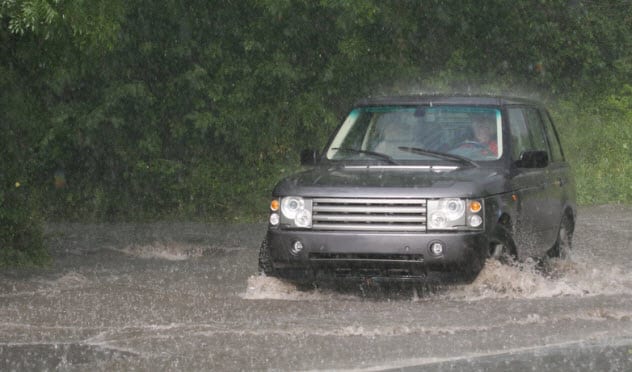
When Al Gore lost Florida in 2000, a lot of Dems tore themselves apart trying to figure out why. They could’ve just glanced outside. November 7, 2000, saw unseasonably heavy rain in Florida. Rain nearly always gives Republican candidates a boost.
Over the course of 14 presidential elections, researchers tracked the weather in 3,115 counties to see if it affected the outcome. They found that rainfall beyond what you’d expect for the area and time of year could result in as much as 3.8 percent of eligible voters staying home. Those put off by the weather were almost always Democrats.
The Dems tend to attract more “peripheral voters,” those with low political engagement. They also attract poor voters who may not have their own transportation. Faced with torrential rain, these two groups are more likely to stay home than their motivated, SUV-driving Republican neighbors.
9 Natural Disasters Boost The Challenging Party
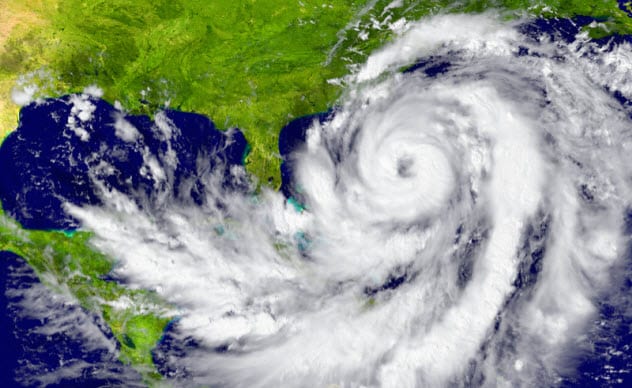
The George W. Bush administration’s weak response to Hurricane Katrina was instrumental in turning off Republican minority voters. But even if Bush had handled the crisis well, he’d have still lost voters for the Republicans in 2008. A study by Christopher Achen and Larry Bartels found that voters often blame the incumbent party for natural disasters—even when the government responds well.
In 2000, the Bill Clinton administration did its best to provide relief for a series of droughts and floods nationwide. Yet Achen and Bartels still found the disasters cost the Dems as many as 2.8 million votes, easily enough to carry Al Gore into the White House.
Natural disasters make us feel bad. When we feel bad for an extended period of time, we tend to blame the current government. This means voting for the other guy, even if we rationally know he can’t control the weather.
8 Sporting Victories Boost The Incumbent
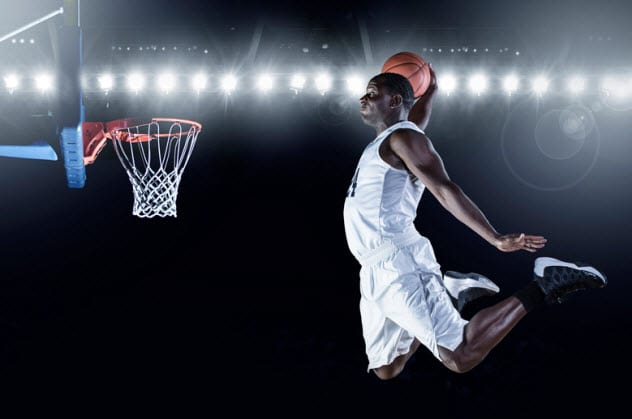
Let’s pretend it’s the day before the election and your team is playing a high-stakes game. Before you start praying for them to win, you’d better decide who you want in the White House. Major sporting victories frequently give the ruling party an election boost.
Loyola Marymount University researchers compared college football games from 1964–2008 with local and national elections. They found that the incumbent received a 0.8 percent election boost if a local team had won within the last 10 days. If the winning team was an underdog, the effect was even larger. An unexpected victory could give the ruling party a boost of up to 2.42 percent.
Those numbers are small but game changing in a tight election. Among major sports fans, the effect could be even higher. A 2009 study found that college basketball obsessives gave Obama a 5 percent higher approval rating when their team was on a winning streak.
7 Glancing At The Flag Makes You More Centrist
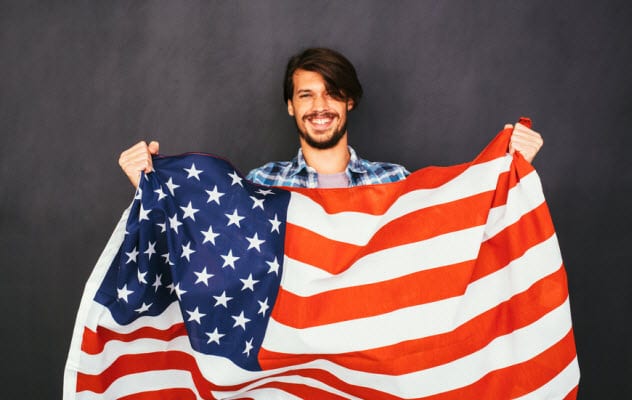
According to a Cornell study, just glancing at a flag can pull voters toward the political center.
The study brought together a mix of Israeli hawks and doves. They were asked to rate how highly they agreed with a series of nationalistic statements. Before each statement, a subliminal picture of either the Israeli flag or a “control” flag flashed up.
When the control flag preceded a statement, the statement was generally scored high by the hawks and low by the doves. When the Israeli flag showed up, both groups converged on a centrist score. This worked when the flag was shown for just 16 milliseconds.
When the researchers redid the experiment during an actual election, they saw the same effect. People who saw a flag beforehand tended to vote for centrist candidates.
6 Walking Past A Church Makes You More Conservative

For many of us, our local polling place is probably in a church or school. Science suggests that this is a terrible idea. According to a joint Netherlands–UK study, the type of building you pass can affect how you intend to vote.
Researchers found that people interviewed near churches tended to describe themselves as more conservative. Those interviewed near schools and other public buildings tended to support bigger government. Before you ask, yes, they made sure these people weren’t churchgoers or government workers. They were just ordinary people who happened to be standing near a specific type of building.
The team theorized that this was due to contextual priming, a fancy way of saying the environment around us subtly influences how we think and act. Churches remind us of Sunday school values, so we subconsciously act as if God is watching us.
5 Thinking About Death Makes You More Conservative
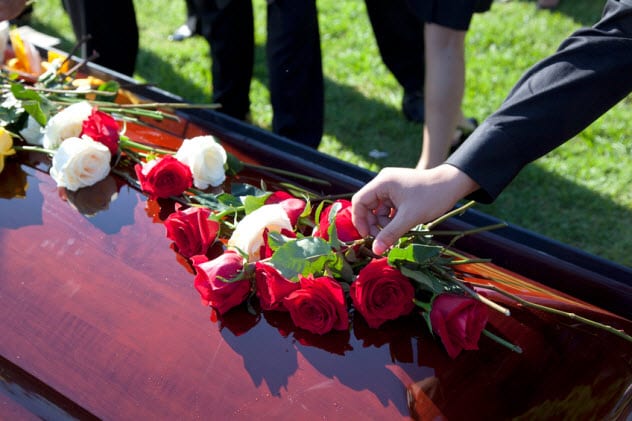
One day, you and everyone you know is going to die. If you’re reading this on Election Day, we’ve got some news for you. You are now more likely to vote Republican.
Fear of death is a real motivating factor in how people vote. In 2004, a group of scientists subconsciously primed people with either a control story or one that focused on death. Then the scientists asked their subjects how they voted. Those who’d been primed with fear of death were far more likely to vote for George W. Bush than for John Kerry.
Thinking about death is terrifying. When scared, we often flock to whoever promises us safety and security—usually the more conservative candidate. This is especially true after terror attacks or acts of violence.
4 Believing In God Makes You Less Likely To Vote
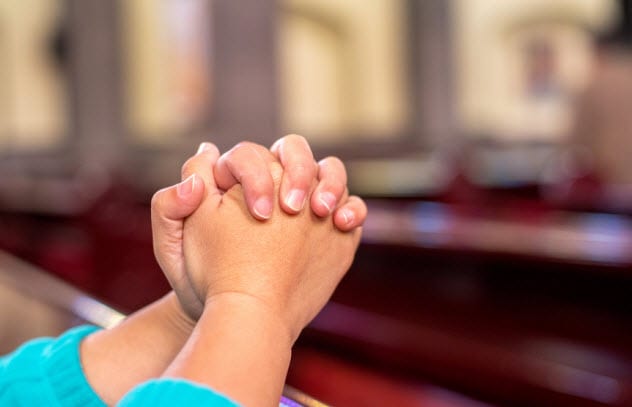
According to polls, around 90 percent of Americans believe in God. The type of God you believe in can influence how you vote. If you believe in an interventionist God who takes an interest in worldly affairs, then you probably won’t bother to vote at all.
In the 2004 elections, voters who believed in an active God, such as evangelical and black Protestants, were far less likely to vote than those who believed in a noninterventionist God, such as Jews and mainline Protestants. Researchers studying this phenomenon think that belief in such a God means believing God will choose the next president regardless of your actions. Therefore, voting is just a monumental waste of time.
3 A Candidate’s Face Can Influence How You Vote
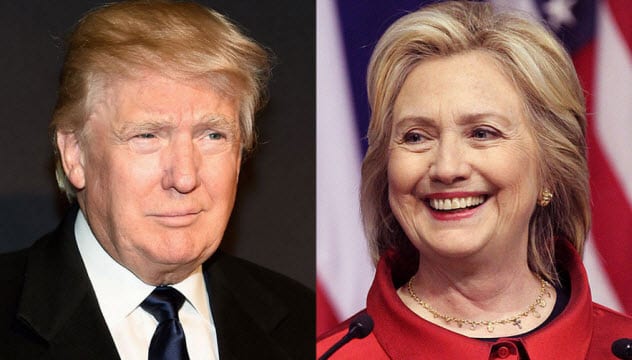
If you ask what voters value in a president, we’ll say, “Competence.” What do we mean by that? A level head? Decades of experience? Nope. According to science, we mean “a dude who looks trustworthy.”
Studies have shown that we judge candidates the same way that children make snap judgments: by glancing at their faces and deciding if they look “right.” When the University of Lausanne got 684 Swiss students to judge past French parliamentary candidates based solely on photos, the students predicted the winner 72 percent of the time. In the cases where the students decided that one candidate “definitely” looked more competent, that person was more likely to have won by a landslide.
Once you get away from the hardcore political types who will vote for their party even if it literally nominates a horse’s behind, most voters are just plumping for the most trustworthy face.
2 How Easily Startled You Are Can Predict How You’ll Vote

When we’re startled, our body freaks out. Our skin becomes moist, and we start blinking like mad. These reactions happen to varying degrees in different people, and we can’t control them. But we can use them to make predictions. If you have a strong startle reflex, you have a stronger chance of voting for socially conservative candidates.
A 2008 study showed that those with strong startle reflexes tended to support the Iraq War, believe in the literal truth of the Bible, and be pro-defense. Those with weak startle reflexes tended to be pro–gay marriage, pro-abortion, and supportive of foreign aid.
According to the researchers, it isn’t quite as simple as saying, “Being easily startled means you will grow up to vote Republican.” Rather, they think that both your startle reflex and political viewpoint come from a common source, possibly found in childhood.
1 Voting For The Winning Candidate Turns You Into A Masculine Love Machine

Now let’s talk about what happens to you after an election. Well, we’ve got some good news for you guys out there. If the candidate you voted for wins, the results could turn you into a hypermasculine love machine.
The key word here is “wins.” Winning stuff is like catnip for men. It floods their system with testosterone, making them feel confident, powerful, and manly. On the other hand, losing lowers male testosterone, making men feel submissive and unhappy. And that applies to presidential elections.
After the 2008 election, a Duke University study found that male Barack Obama voters were swimming with testosterone while the levels of John McCain voters were unusually low. The lead researcher said that the raised testosterone levels could result in a glut of Democratic babies being born nine months after voting.
Expect a wave of mini-Trumps or mini-Clintons around August 2017 then.








